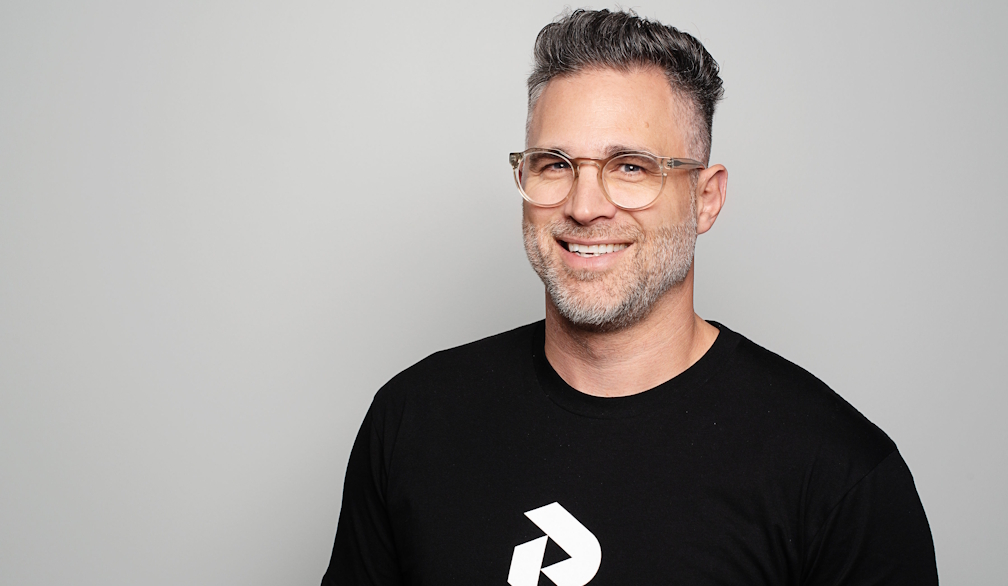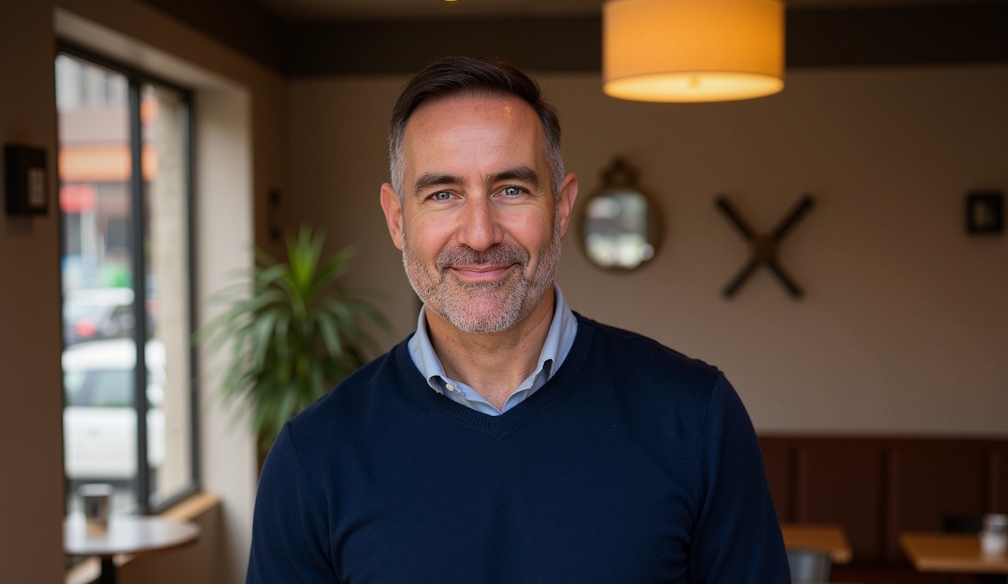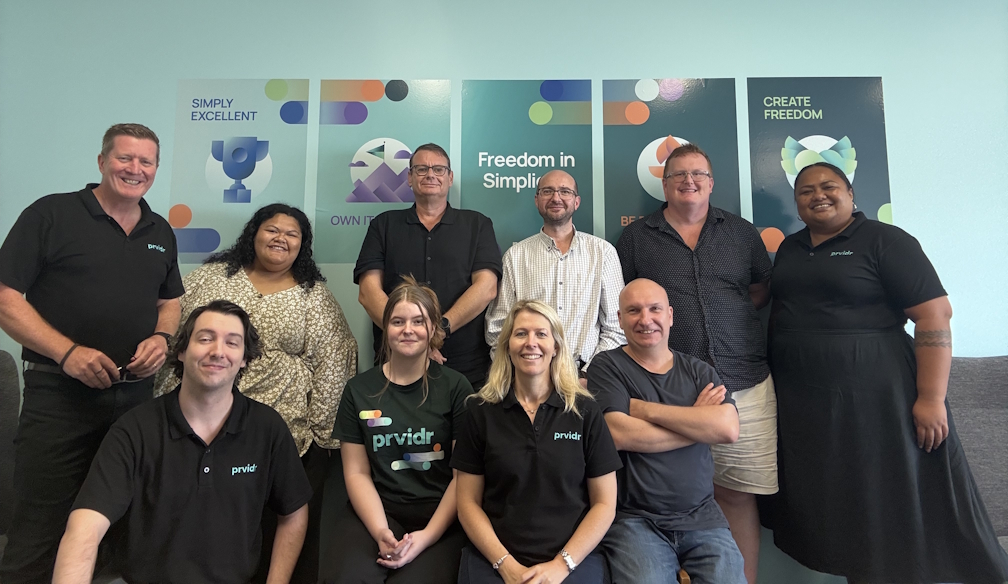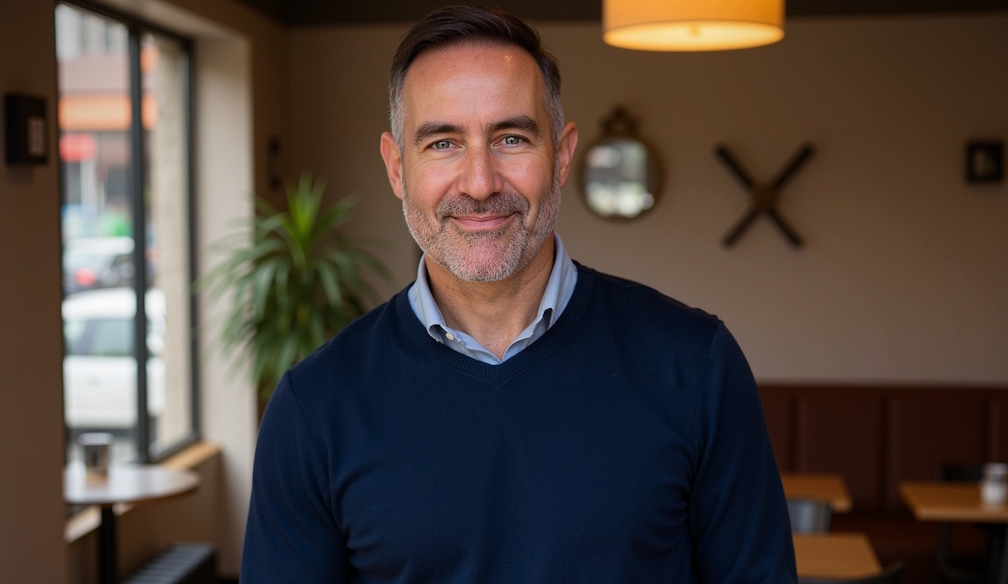Trustworthy Security Personnel: Private Security Drug Testing
- Written by Business Daily Media
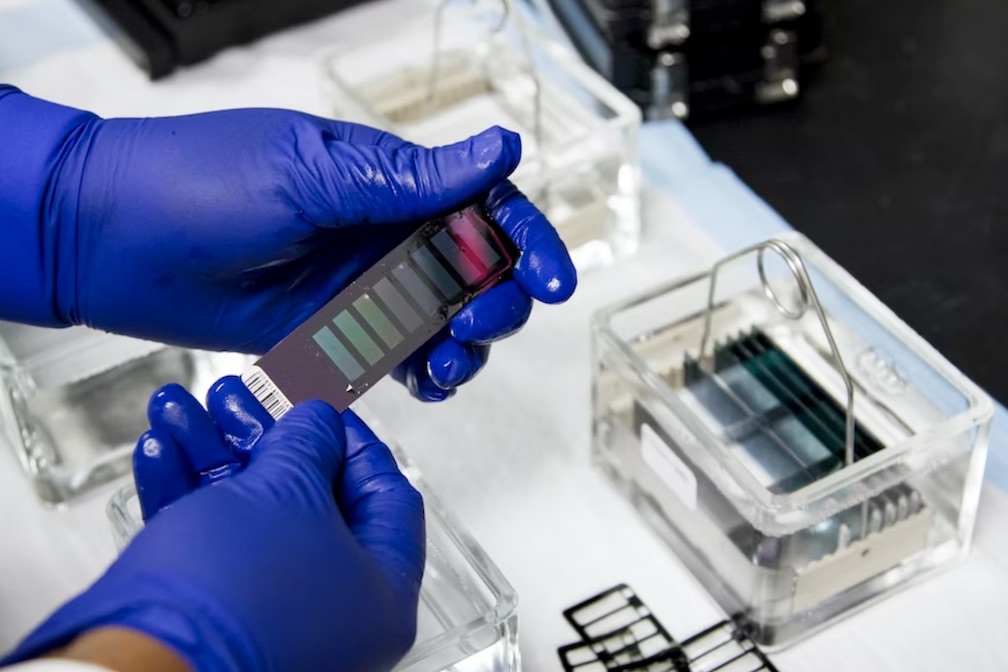
The World Drug Report 2022 released by the United Nations Office on Drugs and Crime revealed some shocking statistics, including –
- The market for cocaine has reached a record high in the last decade.
- Marijuana or cannabis is the most widely (ab)used drug, with nearly 209 million users worldwide.
- North America’s pain medication doses are 7500x compared to Central and West Africa.
What’s more is that most substance abusers are younger than 50 years, with men more likely to die from an overdose than women. Some of the common reasons why people abuse drugs and alcohol include marital strife, familial issues, mental health problems, bad company, and employment stress.
All these people do work (some more than one job), and substance abuse is notorious for disrupting optimal functioning in daily life. A collaborative research study conducted by the Faculty of Medicine of two Egyptian universities - Zagazig University and Mansoura University – found that instances of substance abuse were higher among security personnel than truck drivers or professionals in other occupations.
This is highly concerning because these individuals are responsible for the safety of people, equipment, and sensitive data. Drug and alcohol abuse can easily become a threat to the abuser’s life, and that of those around them. Keep reading as this article explores the importance and available options for drug testing in the private security industry.
Need for Drug Testing in the Private Security Industry
Drug testing is gradually becoming a mandate in most industries. However, three industries where it is absolutely crucial are childcare, transportation, and private security. Listed below are the top reasons why –
1. Increased Safety
The US Bureau of Labor Statistics conducted a drug overdose comparison through the last decade (2010-2020), and shockingly, the figures have only risen through the years. It found that nearly 20% of deaths in a workplace are caused due to unintentional overdose.
Since drugs and alcohol in the system can lead to mental imbalance, security personnel are more likely to harm others and themselves. For instance – they may misjudge a minor threat and end up violently attacking or killing someone on duty. Drug testing protects them, as well as others, from the irrecoverable consequences of misplaced anger.
2. Negative Impact on Performance
The National Library of Medicine released a report on the link between drug abuse and workplace productivity. It was found that substance abuse led to increased instances of worker absenteeism, drowsiness during work, and lower morale. In fact, low self-esteem is directly proportional to substance abuse.
This vicious cycle only leads to heavier doses until the security personnel are completely dysfunctional. Their inner chaos may manifest through data breaches, equipment burglary, etc. Drug testing discourages employees from consuming drugs or alcohol that will hamper their workplace performance.
3. Reduced Employer Liability
The company hiring security personnel is under a legal obligation to conduct drug tests. Failure to comply can make the employer directly responsible for any harm caused by the respective employee. For instance – If a security guard misjudged a situation under the influence of drugs and ended up killing someone, the victim’s blood will also fall on the head of the employer.
However, there is one condition to this – the court will conduct a thorough investigation to find out whether or not the employer did their due diligence to discover the employee’s incompetence. Since private security drug testing is an easily available and cost-effective solution, it is extremely challenging to escape the sword of Damocles hanging over the employer’s head.
4. Emergency Situations
Security personnel deal with highly sensitive situations where a minor error may prove to be fatal. They need to constantly be on guard and make quick and correct decisions to ensure the safety of the workplace and people.
The problem is that drugs and alcohol (especially when consumed frequently in large doses) interfere with a person’s ability for quick decision-making. It impairs judgment by clouding the mind and messing with the reflexes. According to Health Street, private companies do not need to conduct drug tests (as per the law) but doing so only protects them and assures that emergency situations are handled properly.
5. Decreased Hiring of Substance Abusers
Any situation is best tackled when the axe is laid at the root of the problem. As for substance abuse in the workplace, the safest option is to only hire sound and stable security personnel. This is why most private companies run pre-employment drug tests along with random tests at frequent intervals.
As the drug-free workplace becomes the norm, more and more people are refraining from indulging in fears of not securing employment.
Department of Defense Requirements for Security-Sensitive Industries
The US Department of Defense (DOD) lays down specific requirements and regulations for security-sensitive industries regarding drug-testing their employees. These include –
- A detailed Employee Assistance Plan (EAP) with the help of the local community
- Provisions for supervisory and self-referrals regarding proper drug treatment
- Supervisory training when it comes to the detection of substance abuse
- A well-crafted and carefully monitored policy for employee drug testing. This policy should outline provisions for drug testing under special circumstances, including an accident, after a rehabilitation program, or suspicions that an employee may be involved in substance abuse.
Now, these regulations are not binding on the private security industry. However, given the importance of drug testing for security personnel (as mentioned above), private security companies can adopt the plan outlined by these regulations to promote workplace and employee safety.
Types of Drug Tests
The Substance Abuse and Mental Health Services Administration (SAMHSA) also requires all employers to drug-test their security personnel through one of its certified laboratories across the country. This assures comprehensive and accurate results. Employers must conduct the following tests –
1. Urine Test
Also known as a urine drug screen, this test is a painless procedure conducted by collecting every security guard’s urine sample. Besides detecting traces of illegal drugs, a urine test can also identify the presence of alcohol.
It may be conducted as a pre-employment test to streamline the hiring process.
2. Mobile Drug Test
The mobile drug test is a method to dissuade employees from drug-impaired driving. The Center for Road Safety found that mobile drug tests led to a 70% decrease in road crashes involving substance abuse.
For this test, the employee is randomly taken to a roadside testing bus or van for a sample of their saliva. A mobile drug test can detect cannabis, methamphetamine, and ecstasy.
3. Hair Drug Test
The hair or follicle drug test is much more advanced as compared to the others because it is able to detect drugs for 90 days, whereas the urine test can only detect drugs for seven days. This test takes a sample of hair strands close to the scalp.
The strands are taken from the back of the employee’s head close to the neck to avoid leaving any signs of removal. The follicle test can detect both drug and alcohol consumption.
4. DOT Test
The US Department of Transportation (DOT) lays down guidelines that require laboratory testing for five classes of drugs – opium, marijuana, cocaine, amphetamines, and methamphetamines. This test is usually performed on security personnel responsible for the security of goods in transit.
It involves using samples that help in detecting the five drug classes as required by the DOT.
The Making of Trustworthy Security Personnel
The job of security personnel is extremely sensitive and crucial, demanding hyper-vigilance, 100% alertness, and quick judgment on their part. That is only when you can rely on them to protect vulnerable data, machines, or people.
However, high concentrations of alcohol and drugs in the blood compromise their ability to perform their role with integrity. Since these externalities impact the body physiologically and mentally, any security guard under their influence cannot be trustworthy.
If employers hire sound and healthy employees, run random drug tests to identify struggling employees, help them find rehab and counseling, as well as discourage entrants to engage in such activities, they will make the realm of security truly secure.



